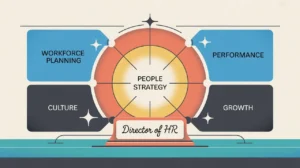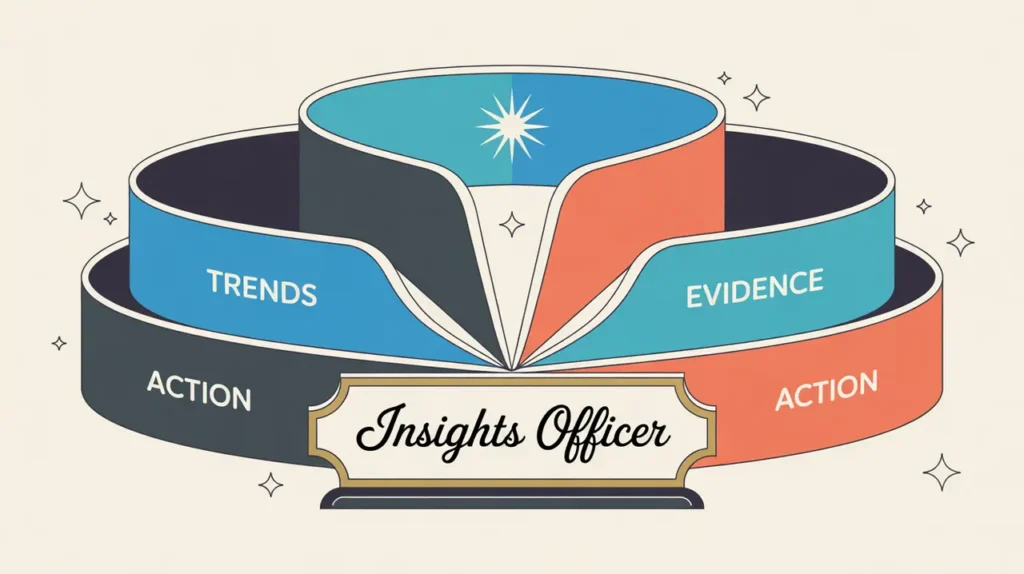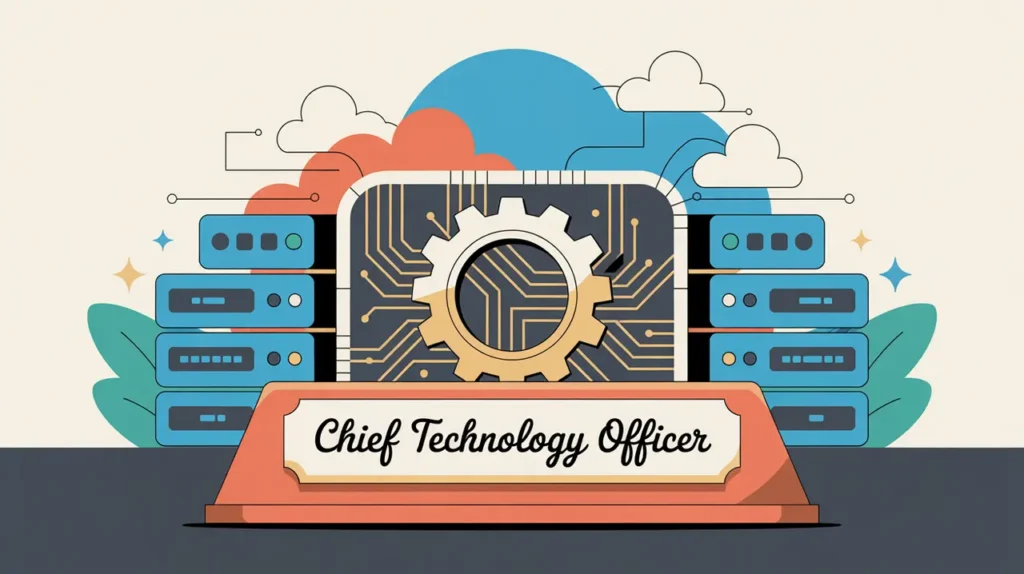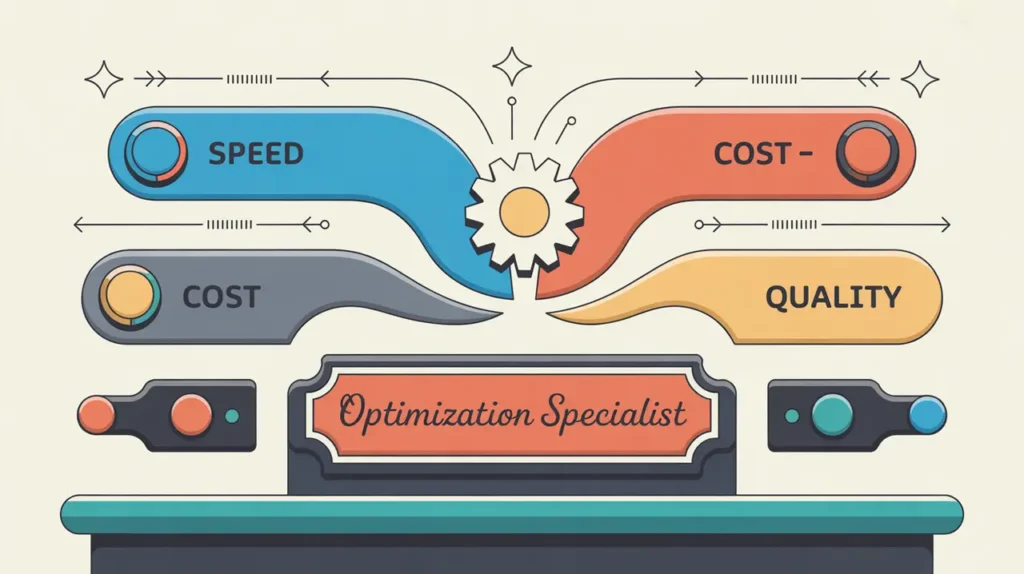What Does the Data Lead Role Involve?
A data lead is responsible for overseeing the organization’s data strategy, systems, and practices to ensure that data is collected, managed, analyzed, and used effectively. This involves leading data teams, setting data governance policies, ensuring data quality, supporting cross-departmental data use, and aligning data initiatives with organizational goals. The role typically sits within data, research, strategy, or monitoring and evaluation functions depending on the organization’s structure. In both nonprofits and social enterprises, data leads play a central role in ensuring that data informs strategic decisions, strengthens accountability, and drives impact.
At What Level does this Role Operate?
Senior Level: This role typically reports to a director of data and insights, chief data officer, or senior strategy leader. It involves leadership of data teams, cross-functional collaboration, and responsibility for setting and executing the organization’s data agenda.
Relative Employability: Data lead roles are in strong and growing demand across nonprofits, social enterprises, philanthropic institutions, educational organizations, research institutions, and the private sector. As organizations increase their reliance on data for decision making and impact measurement, professionals with both technical expertise and strategic leadership abilities are highly sought after.
Relative Pay Scale: Within nonprofits and social enterprises, data lead roles sit in the upper mid to senior pay bands, reflecting their leadership responsibilities, technical knowledge, and strategic influence.
What are the Key Responsibilities and Activities?
- Lead the development and implementation of the organization’s data strategy and governance frameworks
- Supervise data analysts, associates, and other data staff, ensuring high-quality work and professional development
- Ensure data quality, security, and compliance with relevant regulations and policies
- Design and oversee data systems, tools, and processes that support organizational priorities
- Collaborate with leadership and cross-functional teams to align data practices with programmatic, operational, and strategic goals
- Support the creation of dashboards, reports, and analytical outputs that inform decision making
- Monitor trends in data management and analytics to keep the organization at the forefront of best practices
- Represent the data function in organizational planning and external partnerships
What Core Competencies and Qualifications are Needed?
Required Qualifications and Experience
The following reflect common qualifications and experience expected for this role, while recognizing that pathways may vary by context, organization, and region.
- Relevant academic background in data science, statistics, computer science, public policy, or a related field, or equivalent professional experience
- Several years of experience in data management, analysis, or research functions, with progressively increasing responsibility
- Proven leadership experience in managing data teams and projects
- Strong understanding of data governance, security, and analytical frameworks
- Demonstrated ability to translate complex data insights into actionable strategies for non-technical stakeholders
Key Competencies
- Strategic leadership in data systems and analytics
- Advanced technical proficiency in data management and analysis tools
- Strong communication and advisory skills for cross-functional collaboration
- Project and team management abilities
- Analytical and problem-solving expertise
- Knowledge of emerging trends and best practices in data governance
How are AI and Automation Shaping this Role?
An AI-native data lead will look to AI and automation to enhance data strategy, governance, and insight generation. They can use AI tools to automate data pipelines, detect anomalies, and support predictive and prescriptive analytics. Automation can streamline reporting, data cleaning, and compliance monitoring, allowing the data lead to focus on strategic direction, innovation, and capacity building. By integrating AI thoughtfully, data leads can strengthen organizational intelligence and ensure that data practices remain agile and future ready.
What Career Pathways and Transferable Skills are Associated with this Role?
Data lead roles often lead to director of data and insights, chief data officer, or strategy leadership positions. The skills developed in strategic leadership, governance, analytics, and cross-functional collaboration are highly transferable across nonprofits, social enterprises, corporations, philanthropic organizations, and government agencies. Professionals in this role are well positioned to shape data strategy at the highest levels of organizational decision making.







